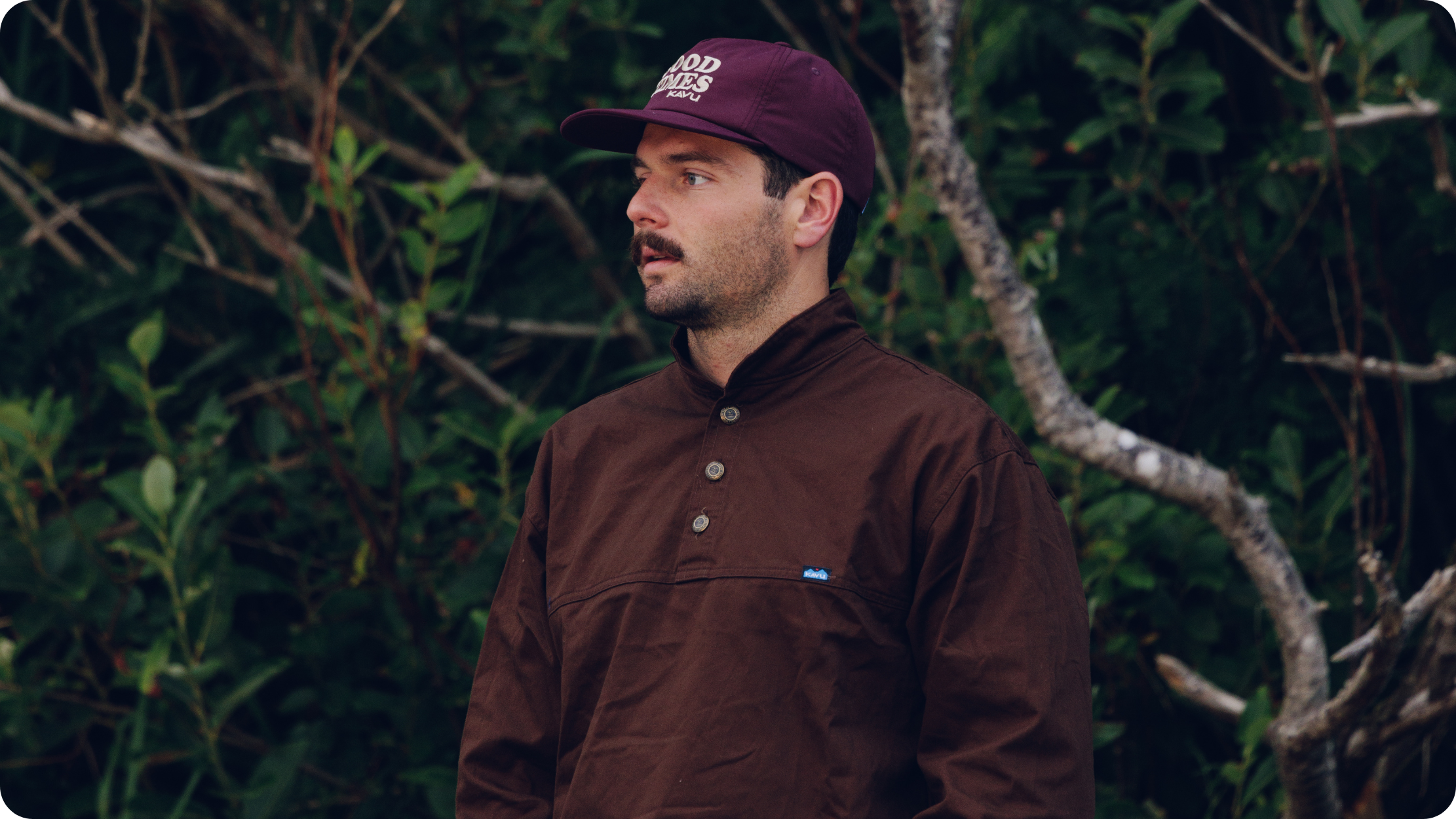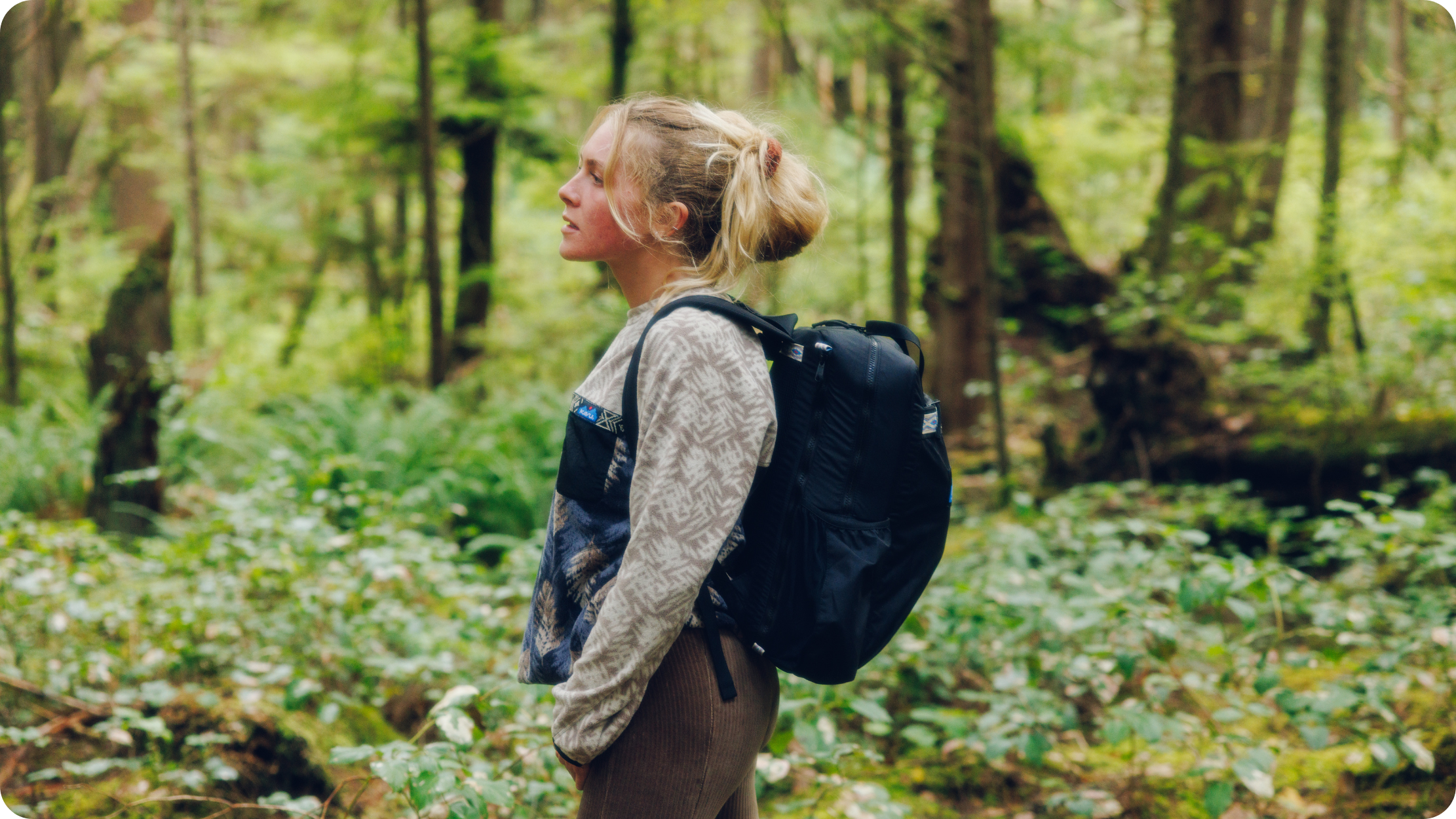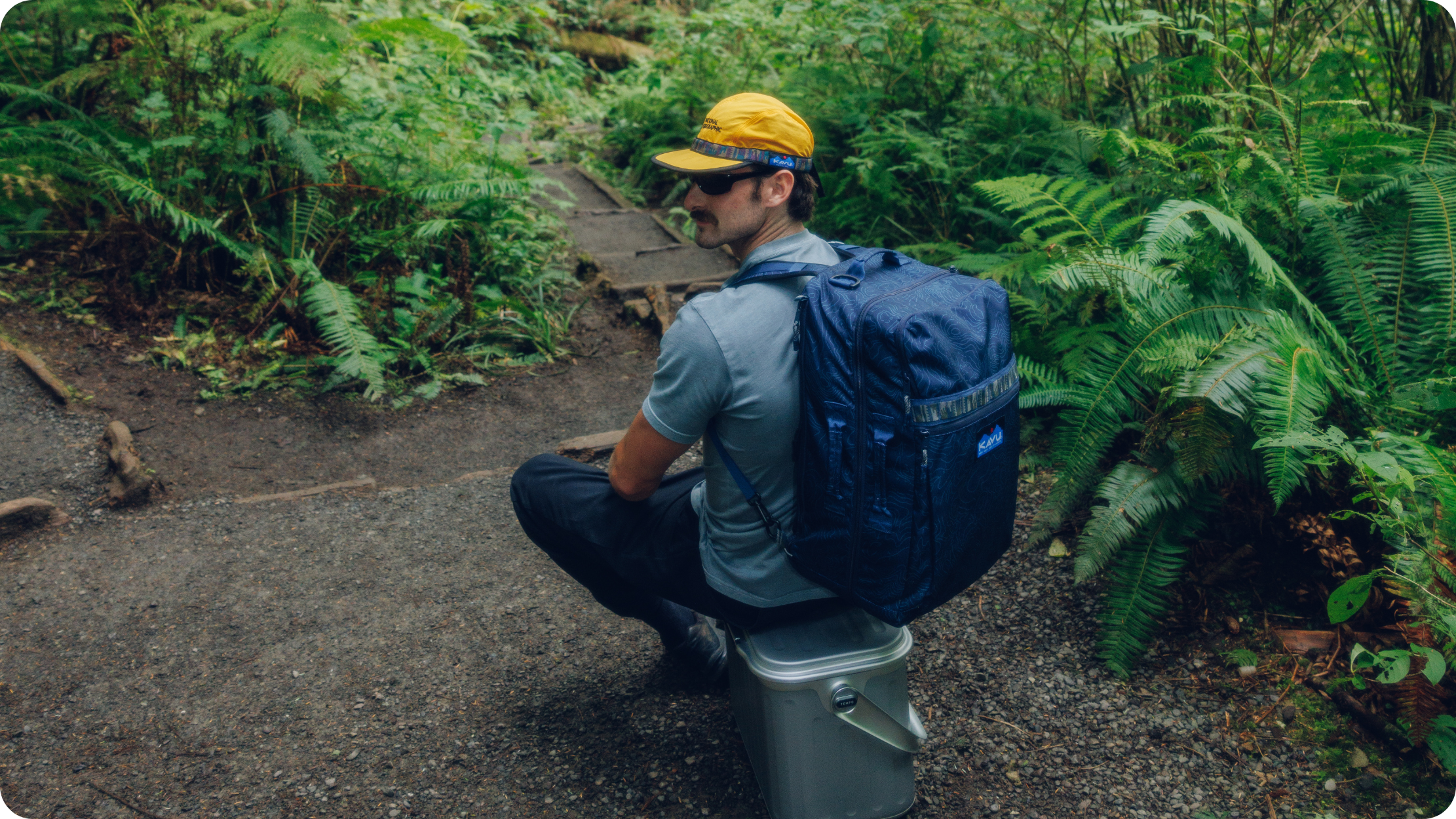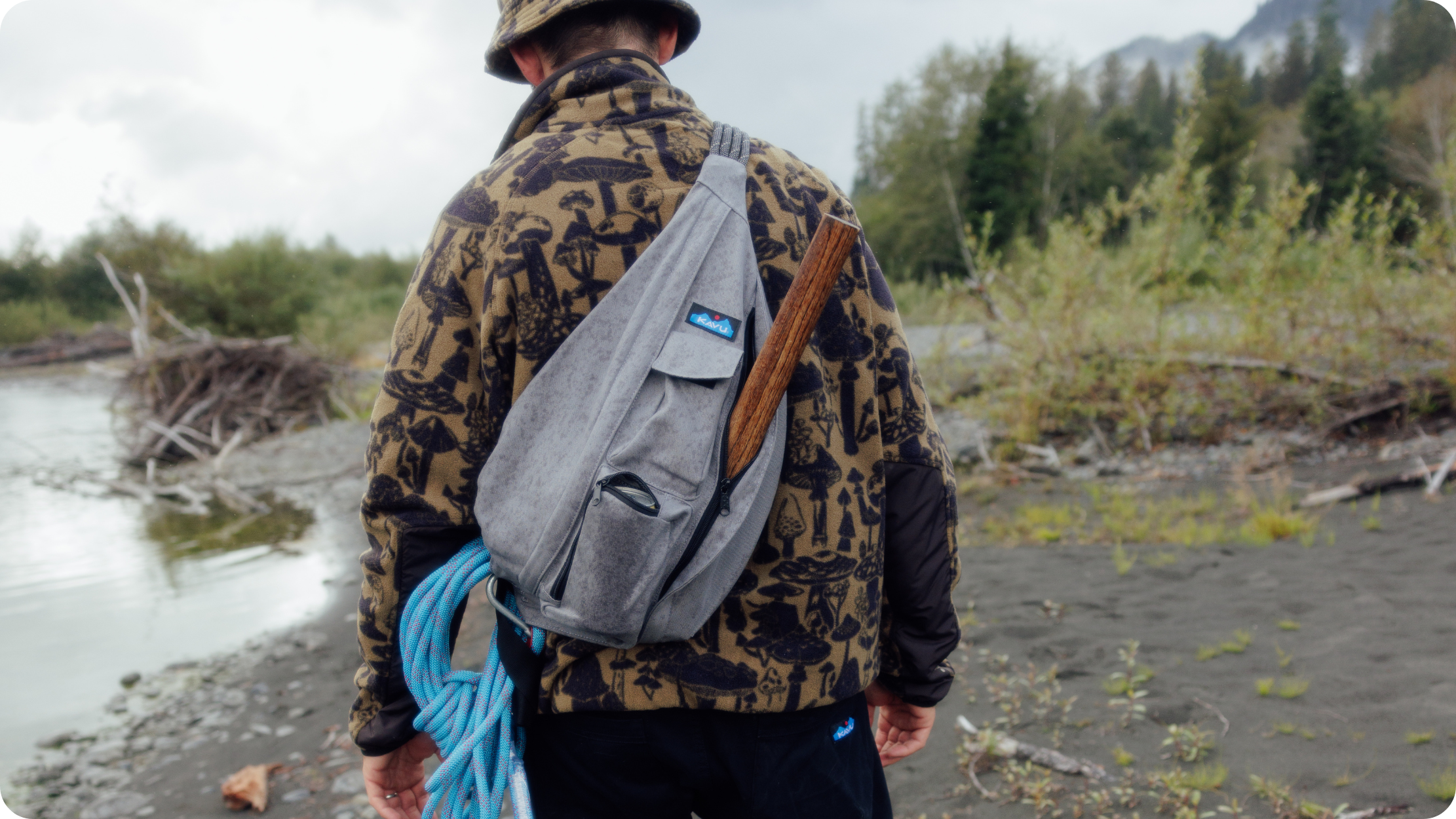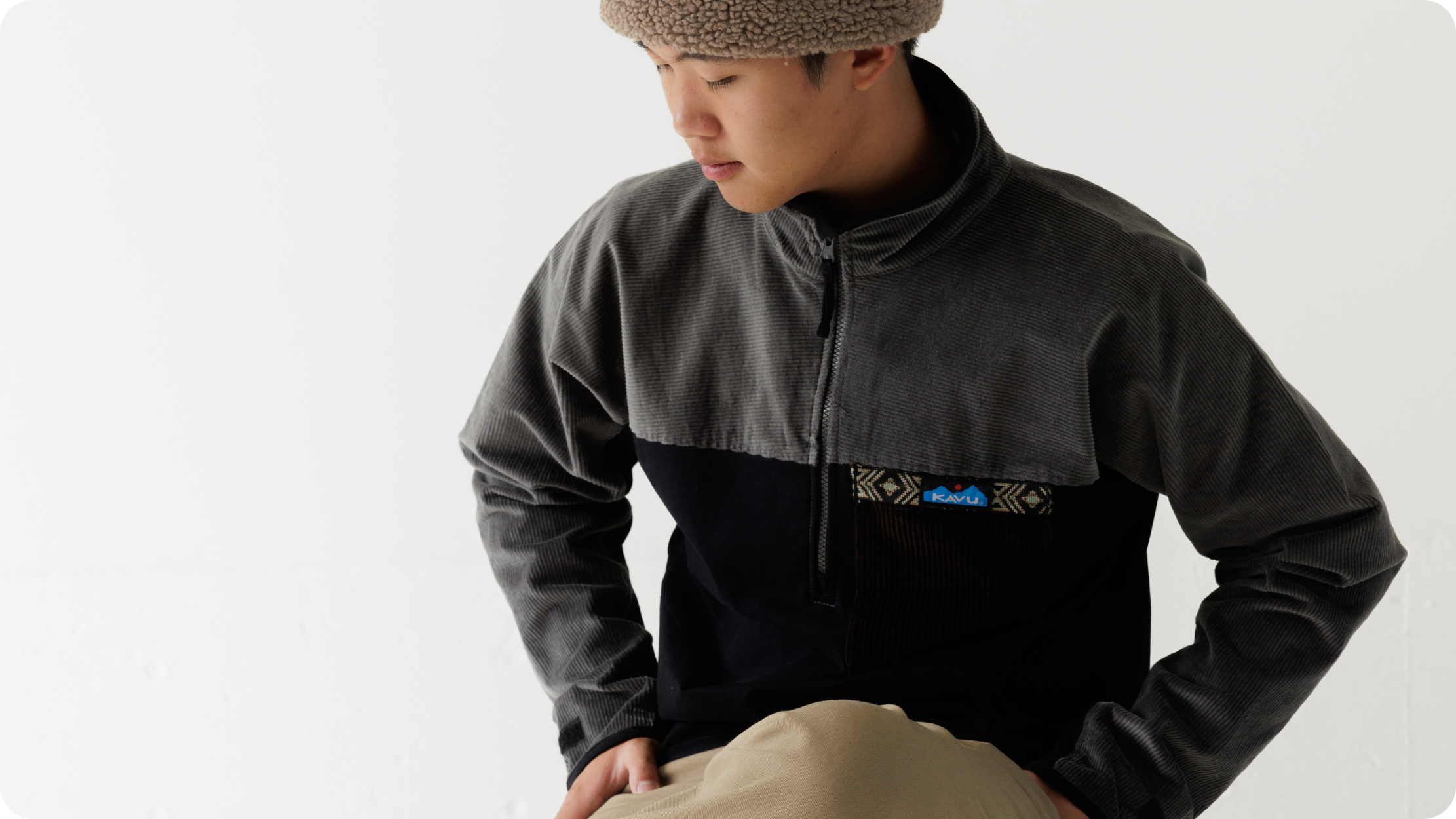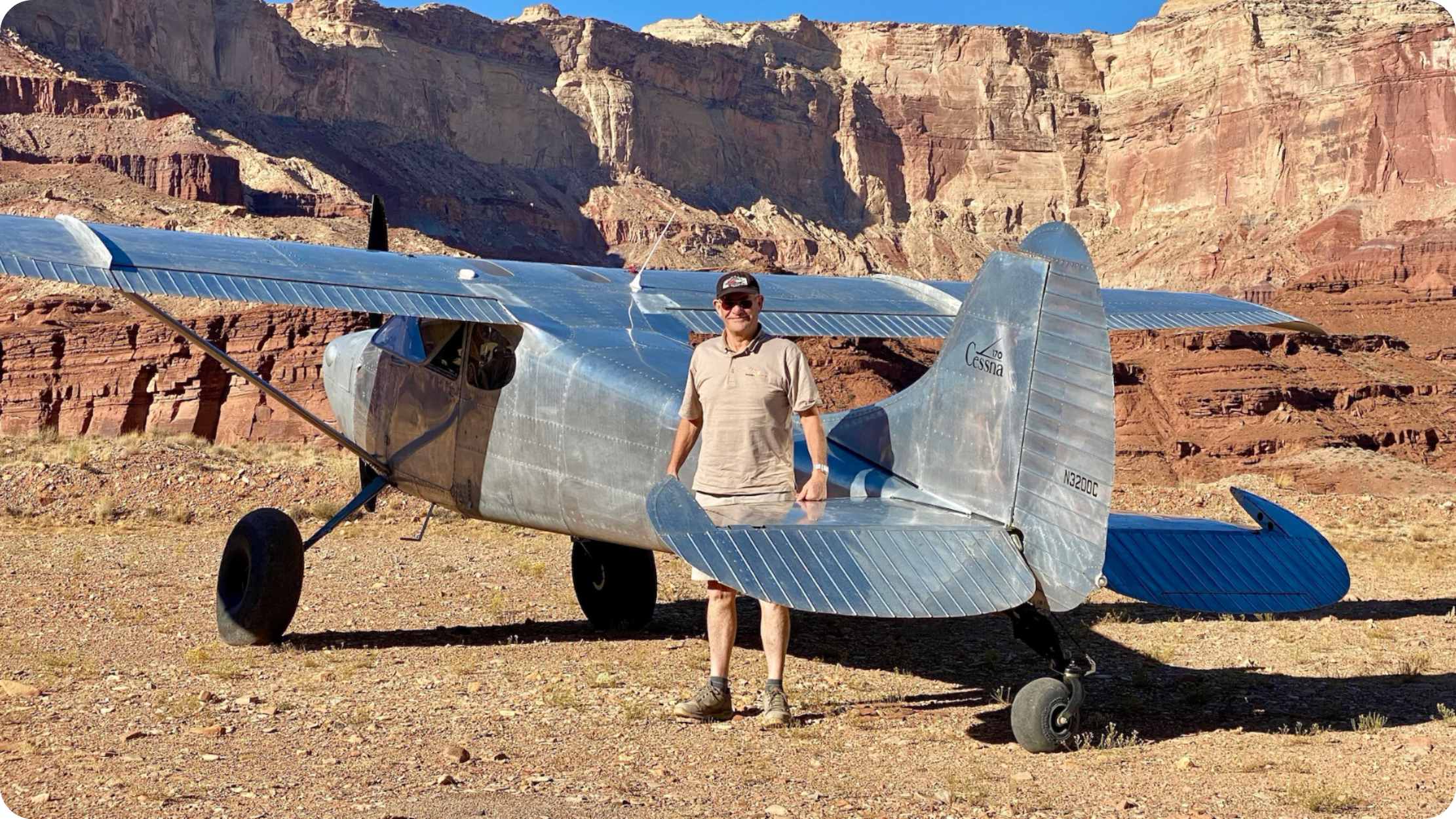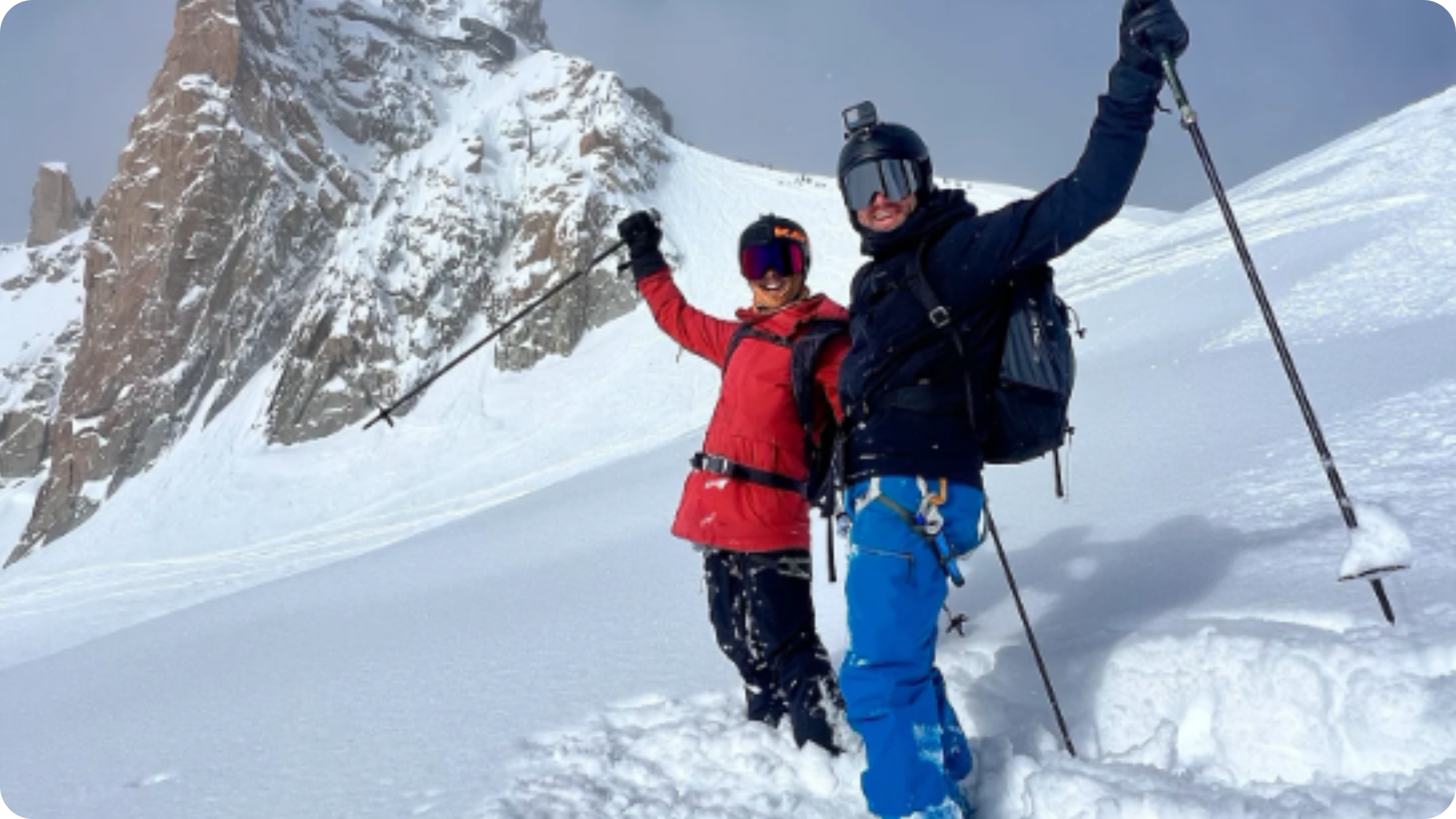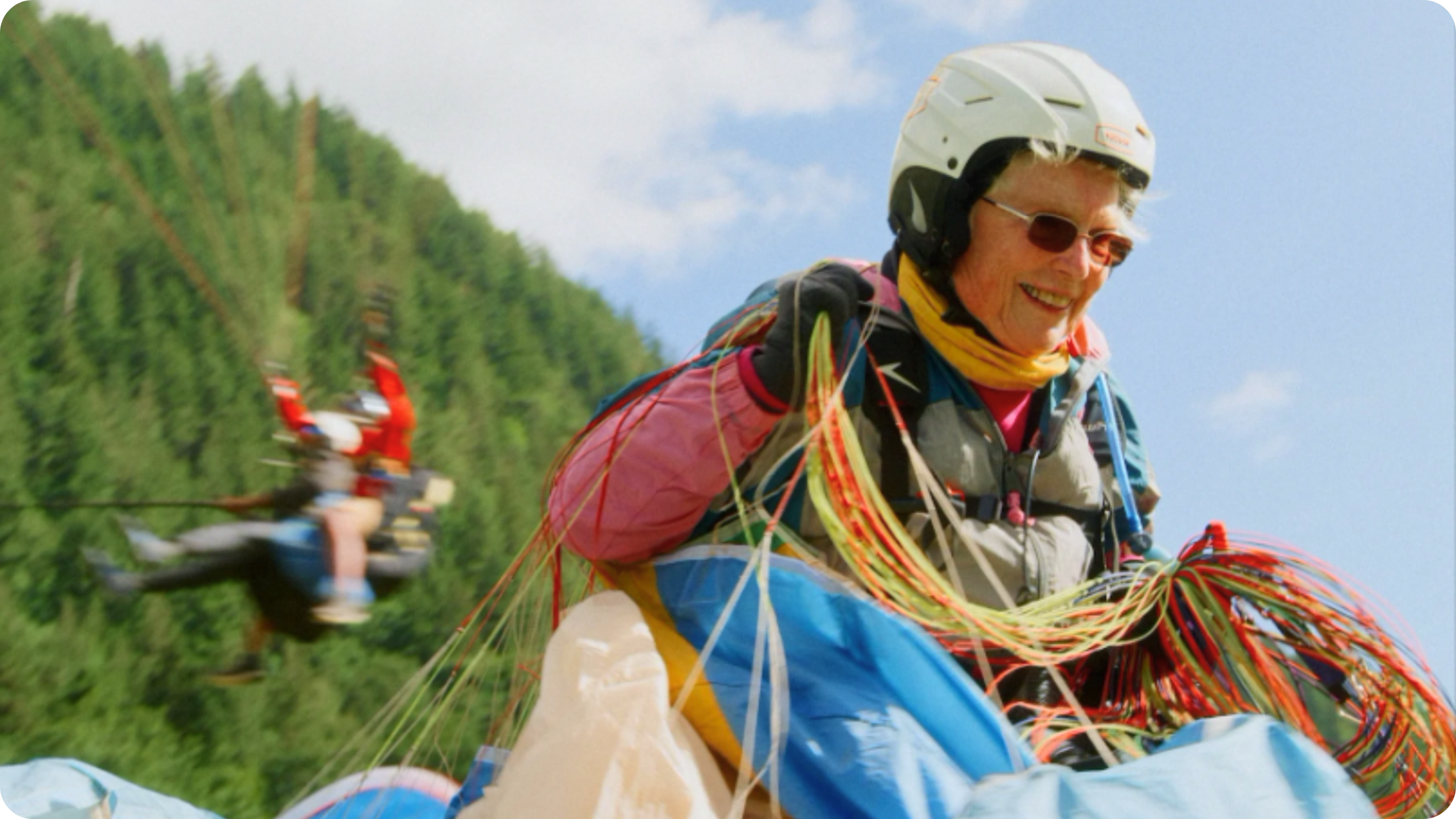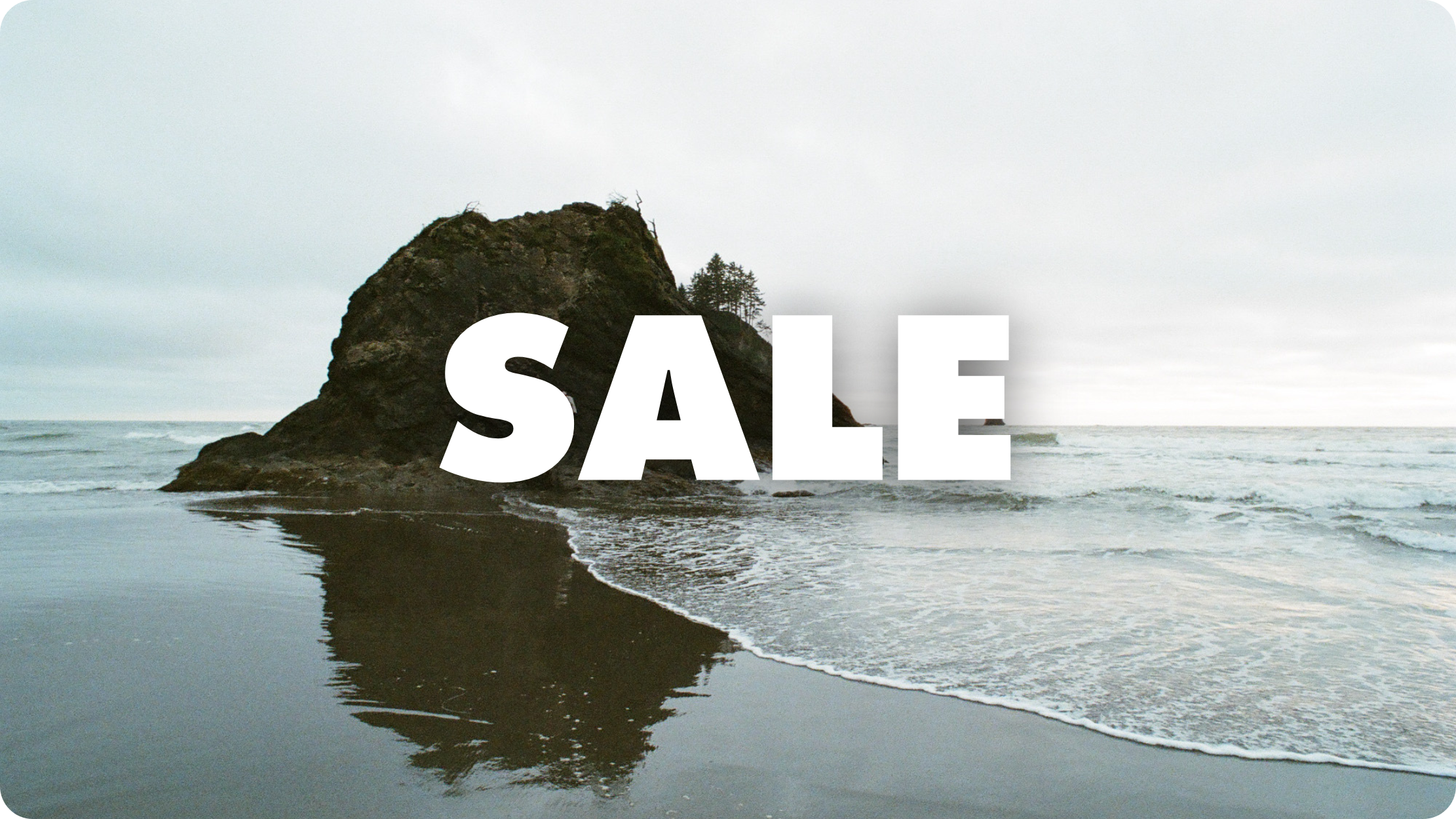Throwing pots and running up hills with the photographer and filmmaker

“Everything I’ve done, I’ve done to extremes. Skateboarding was my life, and then I did cycling until I broke my hip riding into a parked car, so then they told me I’d never run again, so I started running more. I just don’t know when to stop. I get really excited by everything.”
Percy Dean doesn’t do things by halves. From rugby to skateboarding to mixed-martial arts to cycling to fell running, he’s never been one for a casual hobby—instead choosing to go all in on everything he does. Standing in his studio in Manchester, the photographer and film-maker is talking about his latest obsession… ceramics—turning unassuming slabs of clay into unique, useful items that border on art.

“I never wanted to be the weird techie photographer dealing with footy players—I wanted to be the guy digging a hole in the road or building a dry stone wall. Sometimes I feel like I’m a ceramicist or a scaffolder trapped in a commercial photographer’s body.” he says.
If that’s the case, his day-job has hardly suffered because of his so-far suppressed urge to throw up some scaffolding. He spent the 90s and 2000s as one of Britain’s busiest skateboard photographers, capturing the era’s finest in the pages of his magazine, Document, before branching out into commercial work, shooting photos for everyone from Greenpeace to Playstation. But as photography shifted from craft to graft—with big budgets meaning big pressure, the simplicity of ceramics and the literal hands-on nature of throwing pots has been the perfect antidote.

“The commercial side of photography can wipe out the holistic nature of your life sometimes, but when you've got something like ceramics or running or even just seeing a different group of people, being able to access that can make the stressful side of your life easier.” As he sits there, hunched over a pedal-operated wheel slowly shaping his signature red clay into something that’ll eventually hold flowers in someone’s home, it’s fairly easy to see the appeal.
Wheel-aside, it’s a particularly lo-fi process that calls for movement and muscle rather than gadgets and gizmos. Alright, there are other stages that’ll happen another day, like firing in a kiln and adding a glaze, but at a time when even the most creative endeavours are reduced to an app, it’s refreshingly tech-free.

Whilst some ceramicists almost try to hide the human nature of the process—gunning for nothing short of ultimate precision—the analogue uncertainty that comes with trying to sculpt a wet chunk of clay as it spins at 40 rpm is something Percy welcomes wholeheartedly.
“A lot of people can be really clinical and will bin stuff off straight away if things are going wrong, but I’ve kind of embraced my ineptitude. I want people to know that it’s made by someone—it’s not perfect. I think it’s that wabi sabi nature—where the beauty is in the imperfection. Imperfect doesn’t mean wrong, it doesn’t mean less beautiful, I want someone to love these marks and shapes caused by my hands forever.”

There’s more to Percy’s pots than just an appreciation for imperfection though, and the stuff he makes in his studio is a direct reflection of the hills in the North West of England he spends the rest of his free time running up.“I don’t want it to be pristine pottery—I want my pieces to feel like the stone that means so much to me when I’m out in the hills—with that rugged edge and that natural feel. I want how I feel out there—the things I pass and the things I touch—to translate to what I’m making here—like you’ve found a stone in the river.”

Looking around, I can see what he means. The room is crammed full of the work of fellow potters—with plates and cups and vases and bottles and bowls and pretty much everything else you can make out of clay stacked high on the shelves—but with a sanded finish that echoes the harsh Millstone Grit of the Pennines, Percy’s pots instantly stand out, looking more like they were thrown in a shepherd’s hut perched on the side of a mountain than a white-walled studio a pot’s throw from the centre of Manchester.

That said, the studio offers a similar amount of isolation—which is a side-effect of the pottery process Percy particularly enjoys. “99% of the buzz from pottery is that when you come in here, you’ve got stuff all over your hands and you can’t touch your phone for about three hours. I hate looking at my phone, and what my phone has made me become—but as soon as my hands are like this, I’m not touching it.”
An hour later we’re sat in traffic on the outskirts of the city, only a couple of miles from one of Percy’s favourite running spots, but according to his phone (which does have its uses after all) we’re still a good half an hour away ‘as the car flies’. With videos to edit in the afternoon, we decided to call it quits on the gridlock, pull a DVLA-approved three-point-turn and try our luck elsewhere.

Going on vague memories of the landscape we eventually wind up in a farmyard at the bottom of a track that cuts steeply up a heather-covered crag. There’s no pay and display car park, gift shop or visitor centre here—and instead it’s the kind of classic, unassuming countryside that can be found on the edge of most satellite towns, deserted save for a few local dog walkers. It’s hardly a blazing summer’s day—but it’s a long way from the harsh conditions Percy more often than not finds himself running through.

“In the winter it’ll be so gnarly—it’ll be freezing cold and there’ll be ice everywhere,” he says. “I’ll finish work, it’ll be seven at night, and I’ll drive through the worst traffic ever, knowing full well that I don’t want to run. Then I’ll get to the middle of nowhere, at the base of the hill, and I’ll just sit there, thinking, ‘I’m not doing this, I’ll just turn the radio on for five minutes.’ Then before I know it I’ve got my kit on and I start running.”

All this brings to mind a fairly obvious question—why do it? Why drive out to the wilderness to run around in the dark on a freezing cold winter night when you can sit on your sofa streaming overly-dramatic television shows whilst scoffing lukewarm take-away food? “It’ll be pitch black and it might be hailing—but by that halfway point, I’ll feel this weight lifted off me—I’m not thinking about anything any more, and I’m not dwelling on anything, and that stays with me. It’s like it resets something back in my mind”

Although he’s currently struggling with an ankle problem, he’s still well out in front as we climb the narrow footpath that winds through the purple heather—keeping cool and calm as I cough and splutter. The pain in my chest reminds me of what he told me on the drive up about the first hill he ran up. “I felt like my lungs were bleeding—I could taste the iron in my mouth. But then the next time you realise you have run another 200 metres further than where you started to walk last time, and then maybe the next time you’d get to the top.”

Apparently it’s just as much of a mental battle as a physical battle, which Percy thinks might explain why veteran runners do so well in fell races. “It’s about acclimatising to it,” he tells me. “The ability to keep going and not think about how your legs or lungs feel. I remember reading someone say about how when you think you can’t go on anymore and you’re going to stop, you’ve got 60% left. You might be 200 yards into it and you feel like your world is over, but then two hours later you can still be going—scrambling over rocks.”

This ‘scrambling over rocks’ thing—which footwear-aside hasn’t changed since the days we were chasing our food—is a long way from the VR headset vision we’re meant to want in 2023—but perhaps it’s actually a lot more normal? Percy sees it from a slightly different angle. “It’s weird, and it’s crazy, but look at how gnarly the world is now? Human life has gone to such an extreme that you have to do something weird if you want to live on some kind of level. I don’t want to be sitting there on my phone in the city all the time—there are places you can access really easily that give you a side of life that you need to have to feel human.”

Barely half an hour later, we’re back in Manchester—back into a world of signs, shops, bulldozers and billboards—cars honking, screens blaring. Maybe he’s onto something?


